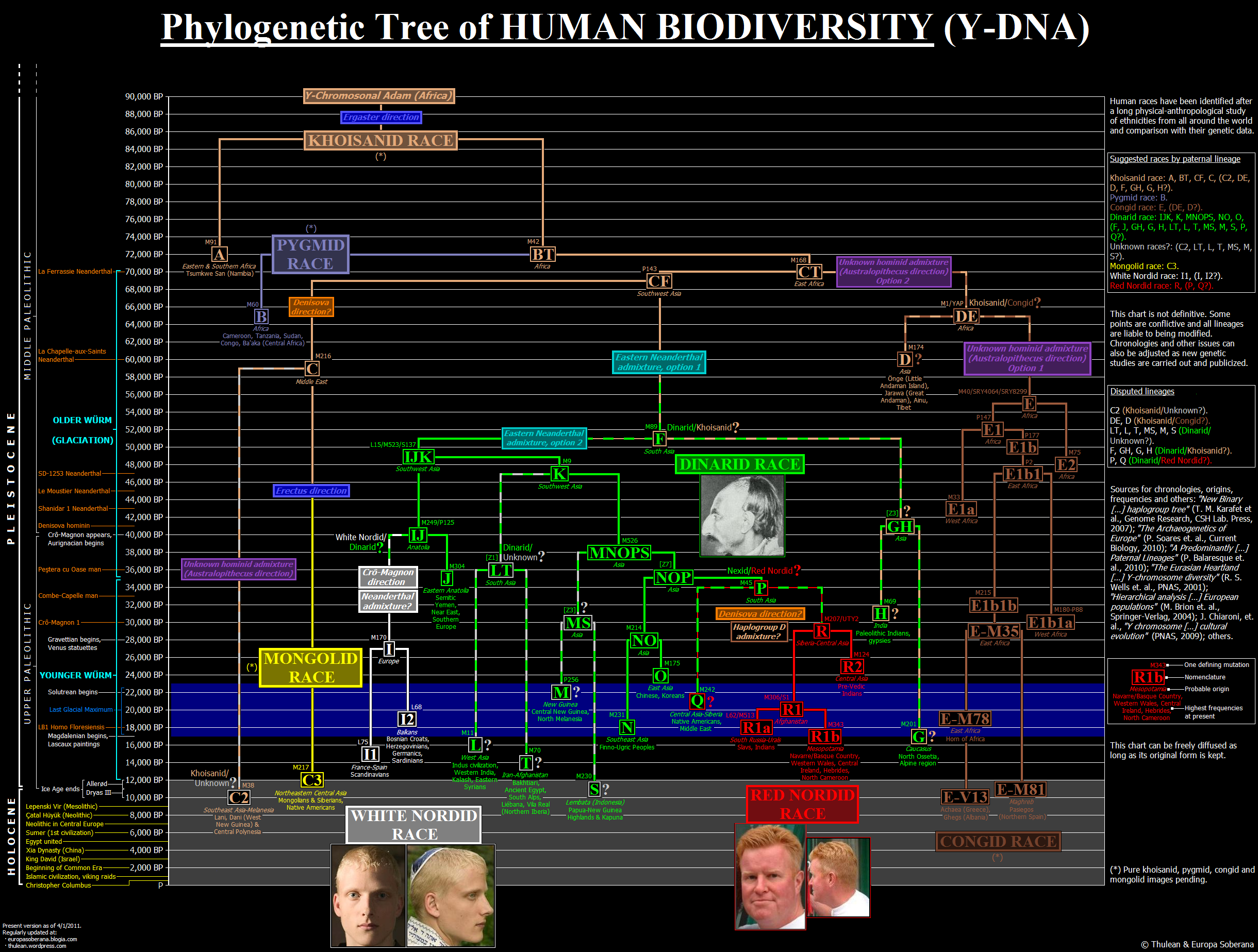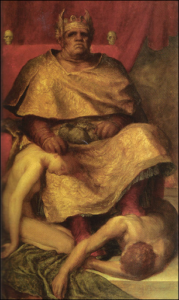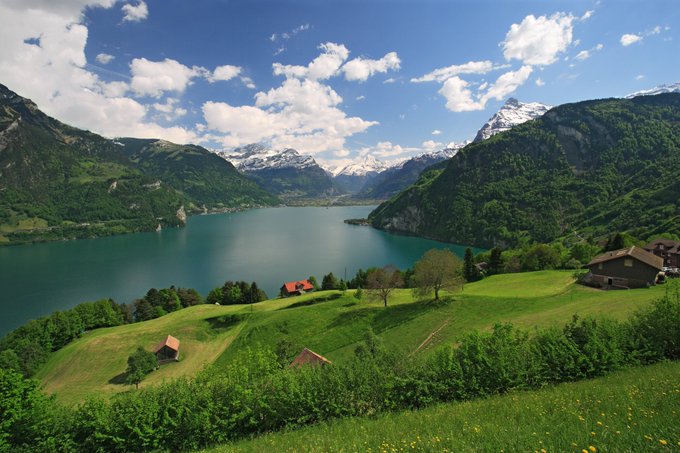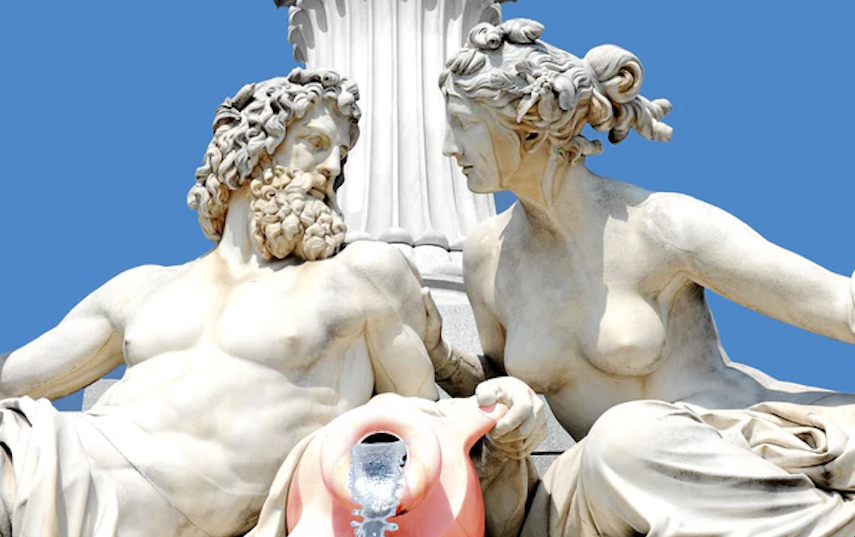Flam, Norway
Author: C .T.
Evropa Soberana, backup 38
Click here
This is the only article that Eduardo Velasco hired a translator, or translated himself into English for his webzine Evropa Soberana. The English translation I posted as an appendix of The Fair Race is only an abridged version of the full article that Valg (a physical anthropologist) and Velasco wrote.
Please note that the dates on all these PDFs don’t represent the original dates on which some of Velasco’s articles were first published. Already in 2011, there were Aryan Spanish speakers familiar with Velasco’s work, when he was known not as Evropa Soberana but as ‘Nordic Thunder’. I have yet to find out, but apparently Velasco had a previous website which was either censored, or he shut it down and opened a new website hosted by Blogger/Blogspot: Evropa Soberana (that the thought police would cancel too).
For English speakers, I suggest that you save the PDF of this article translated into English, including the above image, on your hard drive.
Evropa Soberana, backup 37
Click here
Translation of the author’s footnote to the above image in the article:
Mammon – Dedicated to his followers (1885), by George Frederick Watts. The painter added: ‘Material prosperity has become our true god, but we are surprised to find that the worship of this visible deity does not make us happy’. Mammon was the demon of greed in medieval Europe. Mammonism is the great disease of the modern world.
Evropa Soberana, backup 36
Click here
Eduardo Velasco
 I only learned last month that the real name of the (late?) Evropa Soberana might be Eduardo Velasco, although we are not sure because ‘Eduardo Velasco’ could simply be a pen name for the Spanish writer.
I only learned last month that the real name of the (late?) Evropa Soberana might be Eduardo Velasco, although we are not sure because ‘Eduardo Velasco’ could simply be a pen name for the Spanish writer.
Whether Velasco is alive or not, now that I’ve been reading at least some of the content of the sixty-one long articles he wrote (which means I’ve already uploaded more than half of them here), I see an analogy between Velasco’s POV and Robert Morgan’s: both blame technology for the current mess. I, on the other hand, blame mankind itself insofar as technology is merely Prometheus’ fire that humans, Neanderthals as I see them in their present form, misuse.
Savitri Devi, in the book I am still proofreading, is also very critical of technology and industry. But she reluctantly accepts that Hitler had to use it to fight the evil world. Velasco and Morgan are more purists: they believe that technological civilisation is something like the apple of discord that led us out of the garden of Eden. I am closer to Hitler than to them because I don’t believe there was an Eden in the past. Think of the human sacrifices of the Ancient World to which I refer in my book Day of Wrath (see the sticky post). Or the TV programmes about animals showing carnivores killing herbivores in horrific ways (visualise, for example, pythons or anacondas swallowing beautiful mammals).
Pace Velasco and Savitri, pre-technological Eden never existed. While I believe that today’s man, whom I still see as a sort of exterminable Neanderthal, wasn’t and isn’t ready for the Industrial Revolution, a hypothetical overman could make good use of technology, after conquering the world for the Aryans of course. But for that he would first have to fulfil Delphi’s precept: to know himself. (Only after my fiftieth birthday did I devote myself to racism; before that, only to a long autobiography.) Thus, for the bulk of the population to know itself, and finally be worthy of Prometheus’ fire, we would have to arrive at Utopia. Meanwhile—:
‘The stars are not for man’—Karellen (in Arthur Clarke’s Childhood’s End).
The only way to present these ideas well developed would be to translate another of Velasco’s long essays, that here I called backup #24, and comment on it in detail. But I will do that only after I have finished proofreading Savitri’s book and finished my excerpts from Holland’s book.
There’s still a lot of work to do…
Evropa Soberana, backup 35
Click here
Moreover, there are Germans, such as Hermann Rauschning, the author of the book Hitler Told Me, who withdrew from the Movement as soon as they realised the pagan character of Hitler’s worldview. And it should be noted that they only realised this when they had gained the Führer’s trust sufficiently for him to admit them into his small circle of insiders or partially insiders.
For there was a difference between the teaching given to the people in general and that received by the disciples: a difference not of content but of clarity. For example, Point 24 of the famous Twenty-Five Points specifies that the Party, while proclaiming the widest religious tolerance, holds to a ‘positive Christianity’—in other words, to what is positive, i.e., true per tradition in historical Christianity—but that it fights any religion or philosophy that ‘endanger its existence or oppose the moral senses of the Germanic race.’[1]
It omits (no doubt on purpose) to point out that any religion which turns its back on the realities of this world and in particular on biological realities—to the extent of permitting the marriage of people of different races provided they are members of the same church—is a danger in the National Socialist State.
In Mein Kampf, the Führer denies that he is in the least aiming at religious reform. ‘It is criminal,’ he writes, ‘to attempt to destroy the faith accepted by the people, as long as there is nothing to replace it.’[2] He writes further that the mission of the National Socialist Movement ‘doesn’t consist of religious reform but the political reorganisation of the German people.’[3]
But what he doesn’t write—what he couldn’t write in a book intended for the great mass of a people Christianised since the 9th century—is that any regime based, as the National Socialist regime was, on the denial of the intrinsic worth of every man, is the antithesis of a Christian social order. What Adolf Hitler couldn’t tell the masses was that any political regime based on a doctrine centred on Life and its eternal laws necessarily has a more-than-political significance. On the voice of the great mass depended his success, for we must not forget that he reached power legally and democratically.
This more-than-political significance of Hitlerism was fully understood only by the Führer himself and the National Socialist elite in Germany: the initiates and best pupils of the Ordensburgen (castles/fortresses of military orders) where the members of the SS were trained. The mass of the people didn’t feel it, and would have been quite surprised if someone had shown them the implications; for example, Christianity and Hitlerism are two different and incompatible paths to the eternal and the same person cannot follow both but must choose.
Outside Germany—and outside India, of Aryan tradition—a thinking elite loved, feared or hated Hitlerism because of its true nature. The Jewish elite cursed it for reasons deeper than the age-old hostility between Israel and the Germanic world. The enormous human masses in all countries—indifferent to politics—feared it without knowing exactly why. In reality, they hated it because they vaguely felt in it the negation of all anthropocentrism, the ‘wisdom of starry space’ as I have called it as opposed to the ‘love of man’ and the concern for his happiness in this world or any other.
___________
[1] ‘We demand freedom of religion for all religious denominations within the state so long as they do not endanger its existence or oppose the moral senses of the Germanic race. The Party as such advocates the standpoint of a positive Christianity without binding itself confessionally to any one denomination. It combats the Jewish-materialistic spirit within and around us, and is convinced that a lasting recovery of our nation can only succeed from within on the framework: common utility precedes individual utility.’
[2] Mein Kampf German edition 1935, pages 293-294.
[3] Ibid, p. 379.
Evropa Soberana, backup 34
Click here
Translation of the first paragraphs:
‘Indefinite progress’ is an idea of enlightenment origin, which was born in the Near East with civilisation itself and procured theoretical-rational legitimacy during the French Enlightenment of the 18th century. It is based on the notion that human beings come from a sick, dirty, ignorant and primitive past, and that they are gradually moving towards a healthy, clean, cultured and ‘advanced’ future. Archaeology suggests rather the opposite, namely that civilisation has caused human beings to fall from a state of grace, making them sick.
The idea of religious traditions was similar: there was an Edenic ‘golden age’ (Satya or Krita Yuga for the Hindus) in which mankind was most perfect, and after which a trauma came that caused human degeneration and the appearance of misery and disease, culminating in the Iron Age (Kali Yuga for the Hindus). Despite this, the industrial spiral into which we are plunged continues to propagate that infinite economic growth is viable, that the tower of Babel can go up indefinitely, that things are getting better and, in short, that human beings have ‘improved’.
Kedareshwar Cave Temple is located at Harishchandragad, a hill fort in Ahmednagar district. Though there were four pillars surrounding the Linga, now there is only one pillar intact. Some believe the pillars to be symbols of yuga or time, namely, Satya, Treta, Dvapara and the Kali Yuga.







